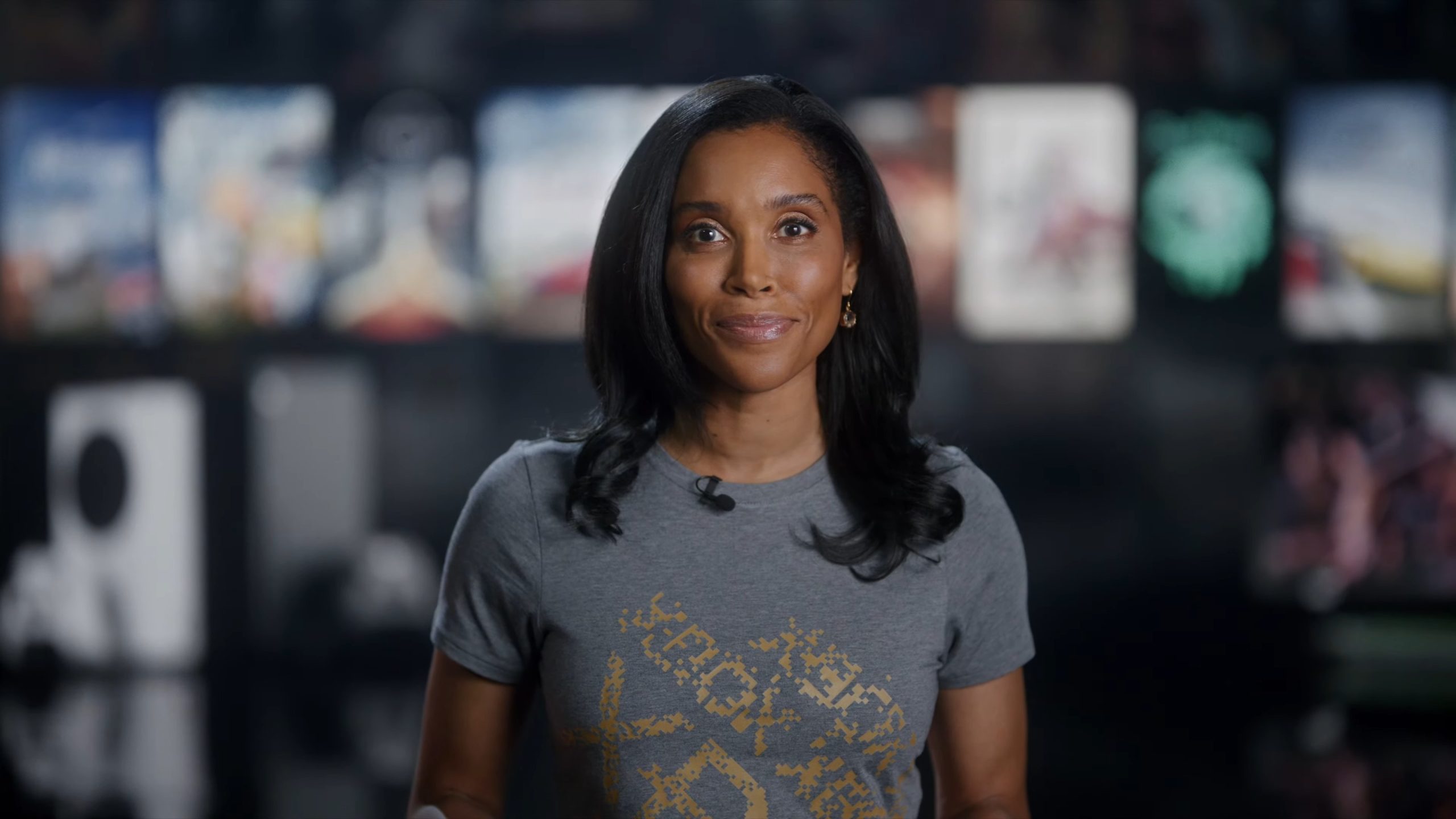Following the excitement surrounding Xbox’s recent collaboration with ASUS on its handheld device, concerns have also surfaced about the implications for the Xbox ecosystem. Known by its codename “Kennan,” the Xbox Ally PC gaming handheld was unveiled earlier this month at the Xbox Showcase. Utilizing AMD’s powerful Z2 platform, it positions itself as potentially the most powerful handheld gaming device created yet.
While the announcement generated significant enthusiasm, speculation has arisen regarding the next-generation Xbox’s direction, particularly its compatibility with existing console games. This includes Xbox CEO Phil Spencer’s earlier comments about integrating third-party stores into Xbox consoles, and reports suggesting Microsoft might incorporate PC gaming support into its first-party hardware.
Today, clarity emerged as Microsoft reaffirmed its commitment to supporting its gamers. Recently, it was confirmed that existing console games would transition to the next-gen Xbox, continuing the legacy of backwards compatibility that has become a hallmark of the Xbox brand. Xbox President Sarah Bond released a video detailing the renewed partnership with AMD and offered hints about the future of Xbox consoles, accessories, and gaming technology.
“At Xbox, our vision is for you to play the games you want, with the people you want, anywhere you want,” Bond stated. “That’s why we’re investing in our next-generation hardware lineup, across console, handheld, PC, cloud, and accessories.”
Bond announced a strategic, multi-year collaboration with AMD, the technology partner that supplies the chipsets for both Xbox and PlayStation consoles, as well as for emerging PC handheld gaming devices like the Xbox Ally.
“I am thrilled to share we’ve established a strategic, multi-year partnership with AMD to co-engineer silicon across a portfolio of devices, including our next-generation Xbox consoles — in your living room, and in your hands,” she remarked. The mention of handheld devices suggests that Microsoft still aims to venture into first-party handheld gaming, despite hints of earlier cancellations.
Many Xbox fans may take solace in Bond’s reassurance regarding backward compatibility, especially as concerns had surfaced about the potential impact of the Xbox Ally, which operates on Windows 11 and may not support many existing Xbox titles.
“Together, with AMD, we’re advancing the state of the art in gaming silicon to deliver the next generation of graphics innovation to unlock a deeper level of visual quality and immersive gameplay, enhanced with the power of A.I., all while maintaining compatibility with your existing library of Xbox games,” Bond explained.
The ongoing commitment to backward compatibility remains a significant feature that attracts players to Microsoft’s gaming ecosystem. However, the future of rumored Steam integration remains in question. Spencer previously expressed interest in seeing third-party stores available on Xbox consoles, but the feasibility of that integration remains uncertain.
Bond concluded her message by emphasizing the company’s goal for Windows to emerge as the premier gaming platform, offering gamers the freedom to choose where to buy their games. “This is all about building a gaming platform that’s always with you, so you can play your games across devices and anywhere you want,” Bond stated. “The next generation of Xbox is coming to life. And this is just the beginning. We can’t wait to show you what’s next.”
The renewed focus on compatibility reinforces Microsoft’s commitment to its Xbox console ecosystem at a time when the future seemed somewhat unclear. Enthusiasm for next-gen Xbox consoles remains high as existing game libraries will be preserved, a welcome development for many gamers.
Microsoft’s strategy has evolved significantly, moving towards a more inclusive approach. As Xbox titles appear on competing platforms, concerns have arisen that the company might follow Sega’s path of transitioning to a publisher-only model. In contrast, Microsoft aims to provide a comprehensive gaming experience, integrating first-party and third-party hardware, subscription services, and innovative gaming solutions spanning multiple formats.
While Xbox faces challenges, including stagnant hardware sales, it is gradually making strides in areas such as cloud gaming and platform adoption. As they continue refining their ecosystem, support from previously resistant publishers and the successes of first-party titles highlight the potential for growth within the Xbox brand. With an ambitious roadmap ahead, the gaming community remains eager to see how Microsoft’s vision unfolds.

